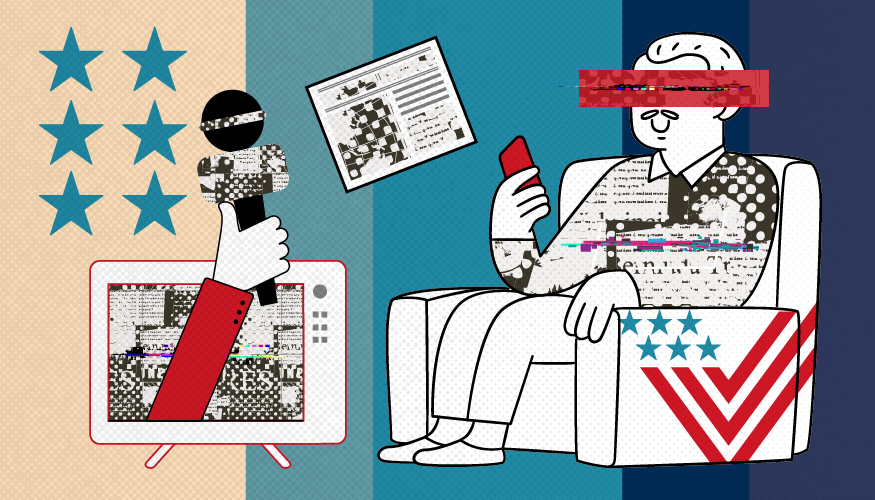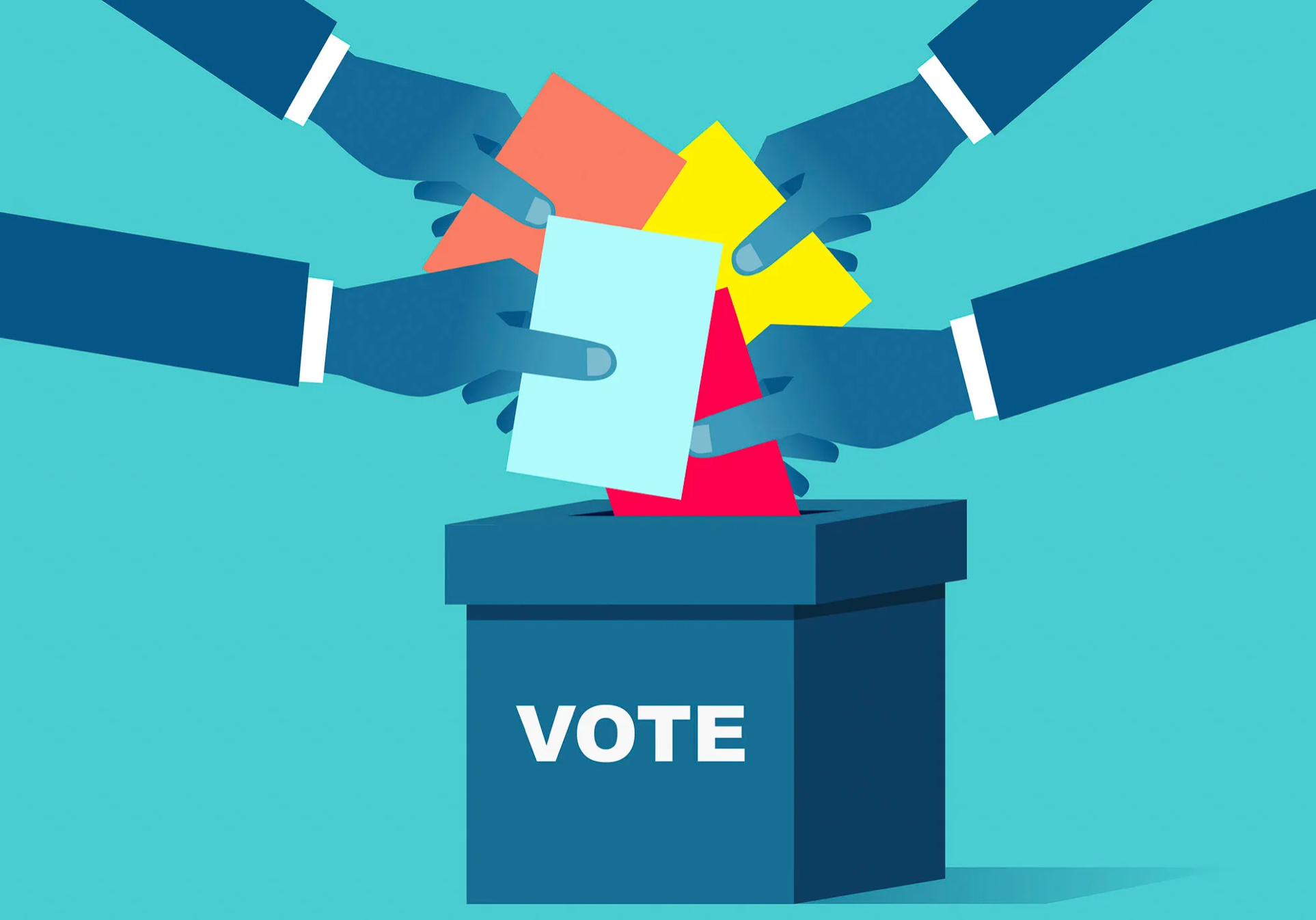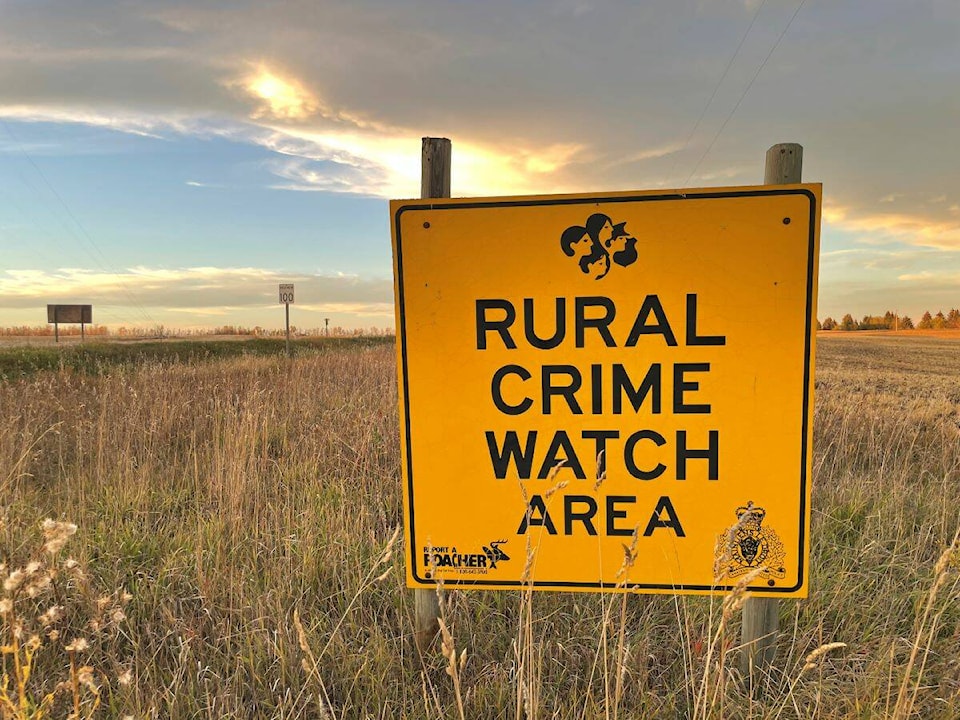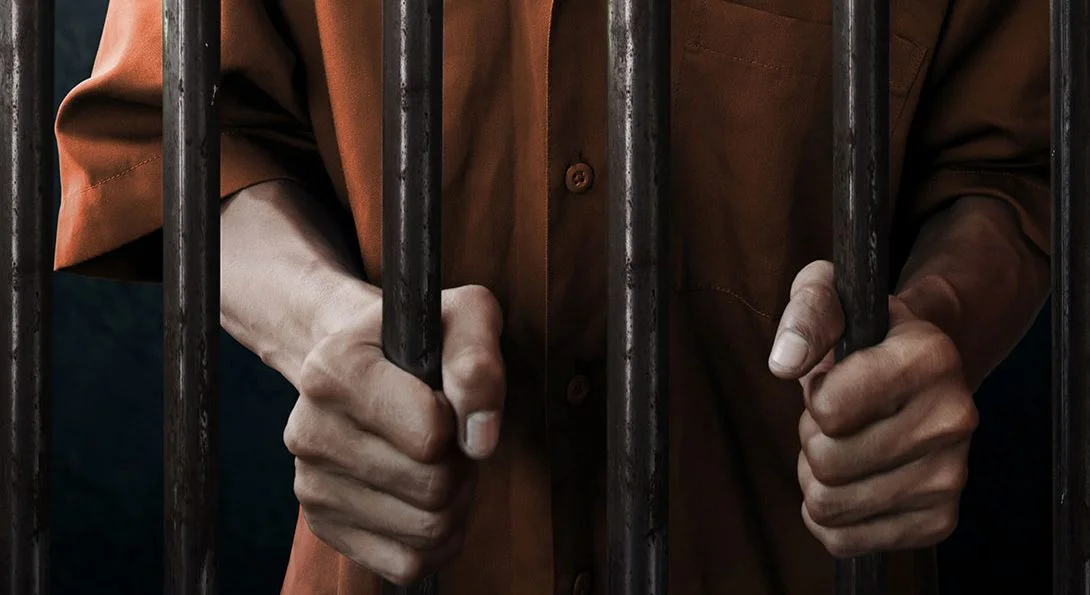Serena Ahmad (9) | STAFF REPORTER
Media plays a significant role in shaping electoral and political views in today’s society. It provides insight into a candidate’s qualities to ensure a successful election result. The usage of it in elections reaches a wider audience, thus heavily influencing many individuals’ perspectives on politics. This is derived from factors such as social media and the distortion of candidates’ portrayals.
As young adults begin the process of voting, many approach the task by completing research through social media. Establishing opinions from social media can lead to voters consuming inaccurate information, and voting based on this false knowledge. In a survey conducted by Pew Research Center, they found that 18% of adults in the U.S receive the majority of their political and election news from social media outlets. A large percentage of this group are young adults, ranging from ages 18-29. Additionally, each individual has varying opinions, entailing that opinions should not solely be based on others’ views. For example, a celebrity may share who they are planning to vote for to their fans. However, a fan should educate themselves prior to voting and shouldn’t determine their vote based on the beliefs of a celebrity they admire.
Media outlets also tend to publish biased articles in a way that doesn’t truly represent a candidate’s image. A primary method of approach to this distorted depiction is by highlighting a certain phrase said by a candidate and taking it out of context. This misleads voters as many individuals don’t attempt to find the background information of the event. The news may also choose to emphasize a past scandal of the candidate to evoke controversy. Despite its potential irrelevance to an election, it could cause voters to question the candidate’s views and build an inaccurate impression of them.
As the media continues to play a large role in determining people’s political stances, interpreting its effect becomes even more significant.



